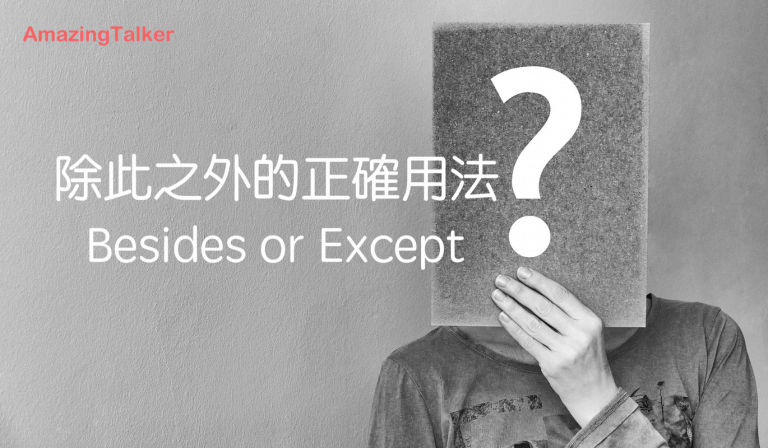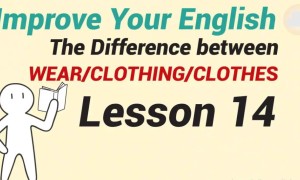Besides or Except? 除此之外的用法和万用句式

1. Besides – 副词前面+后面
意思:除了这个以外,还有之后的东西,前后两者属于同一类。
生字 例句
Besides, Besides, we have three more participants.
On top of that, On top of that, there are two bowls left.
In addition In addition, Tom needs to do that too.
以上三个均用于句首,紧接着comma,之后可接另一完整句子,是作为副词的用法。
2. Besides – 介系词前面+后面
意思:除了这个以外,还有之后的东西,前后两者属于同一类。
例句
In addition to … , In addition to this game, I like that one too.
Besides … , Besides being a goalkeeper, he can be a center back too.
以上四个均用于句首,紧接着Noun,然后再接comma,是作为介系词的用法。
3. Except – 介系词前面/后面
意思是除了这个以外,并不包括之后的东西,前后两者并不属于同一类。
例句
Except … , Everyone will join the party except Leo.
Except for … ,
Everyone will join the party except for Leo.
以上均用于句首,紧接着Noun,然后再接comma,是作为介系词的用法。
意思:可以是前后两者并属于同一类,又或者是不同类。因为有两种解读方法,需要透过上文下理去推测其真正意思。
生字 例句
Apart from … , Apart from Tony, everyone is having lunch now.
以上四个均用于句首,紧接着Noun,然后再接comma,是作为介系词的用法。
笔者:较为万用的介词,但阅读文章遇到Apart from时需要多加留意,要根据上文下理去解读其意思。
相关影片介绍
此影片深入地解释了except, besides及apart from的正确用法,当中亦附有不少例子,让各读者能对它们有更多认识。







